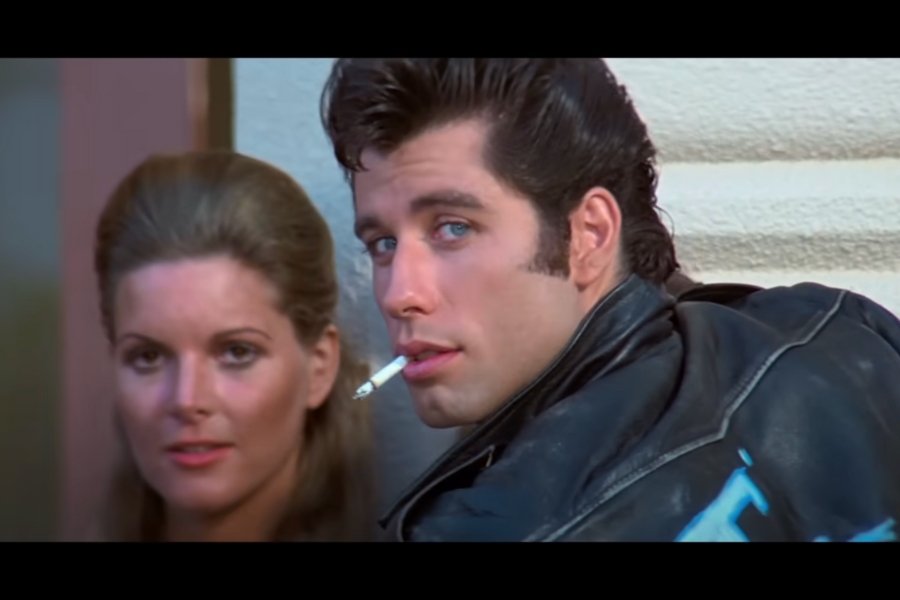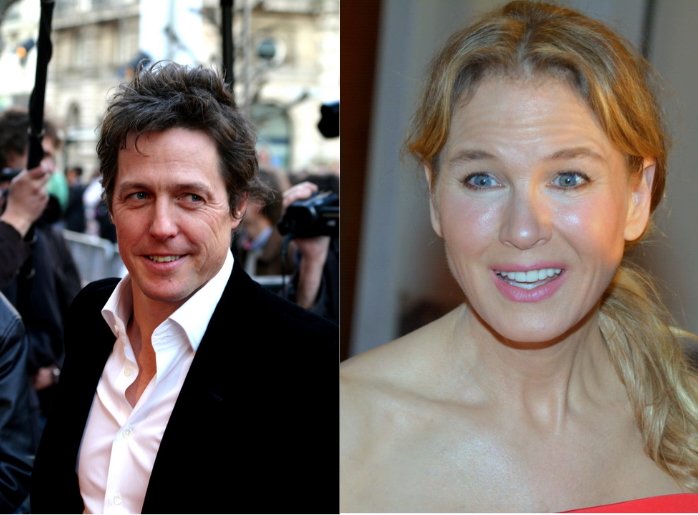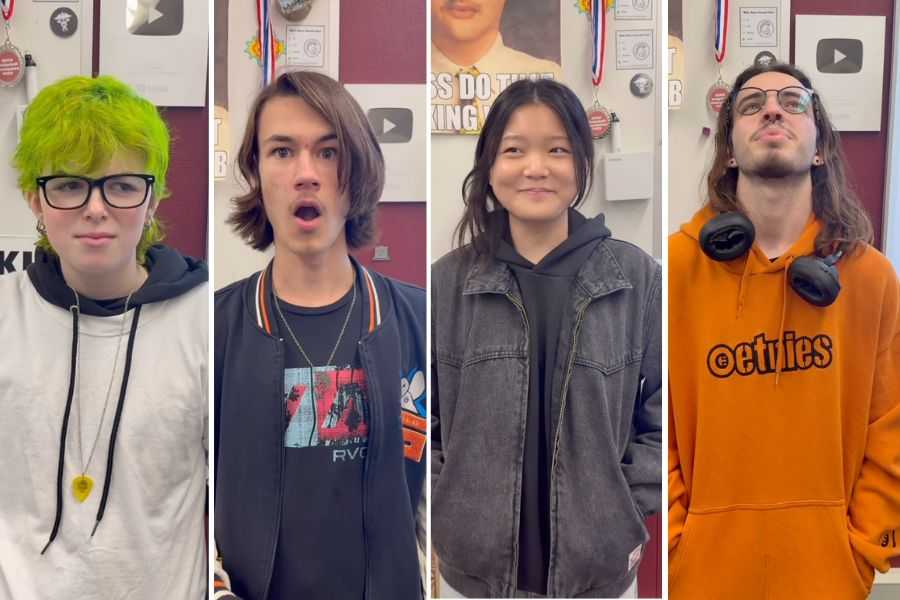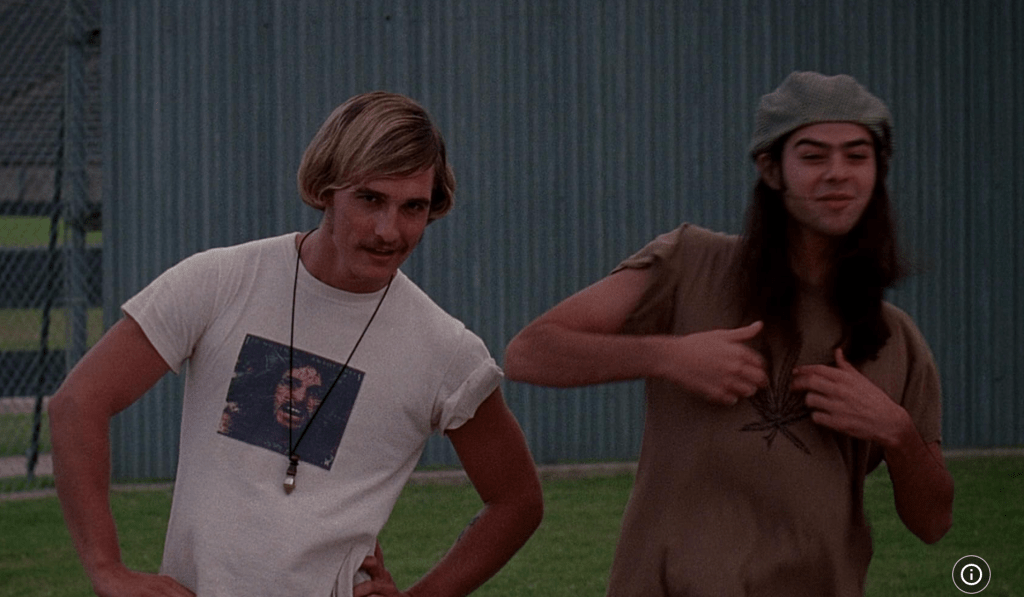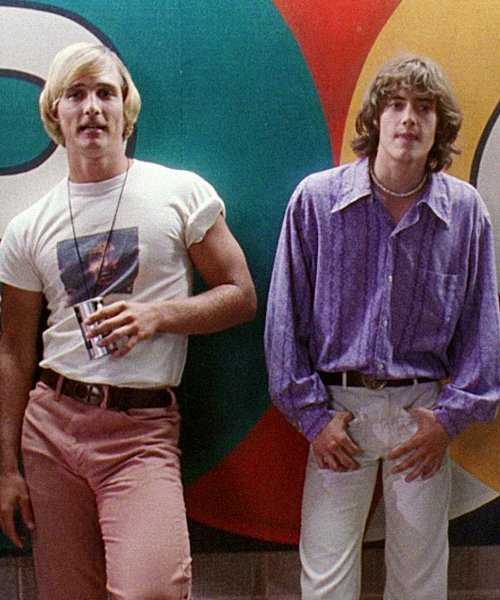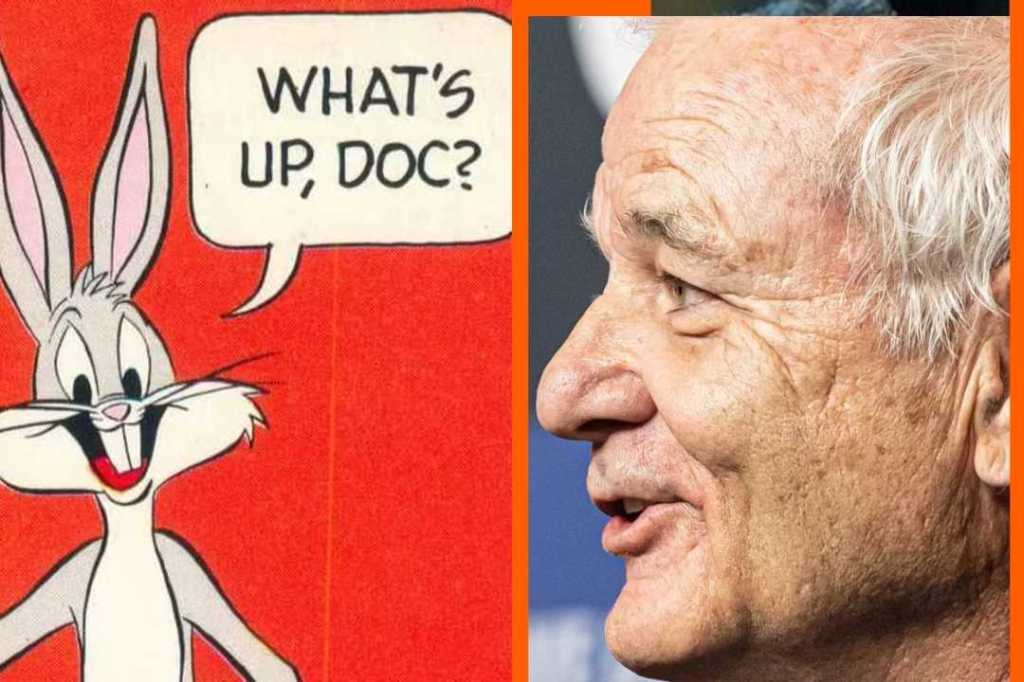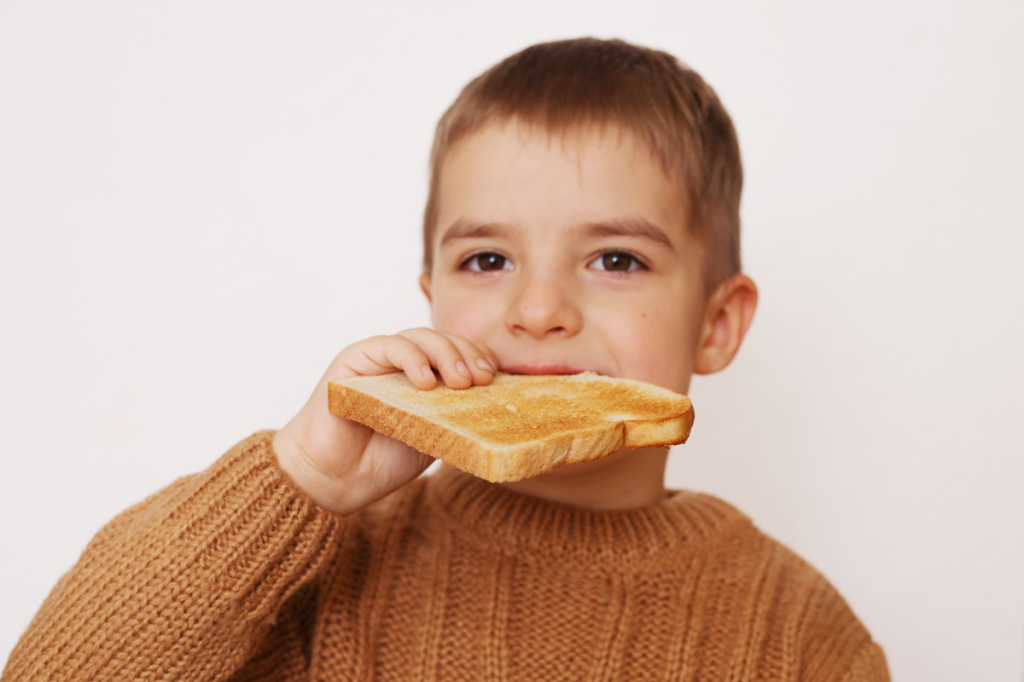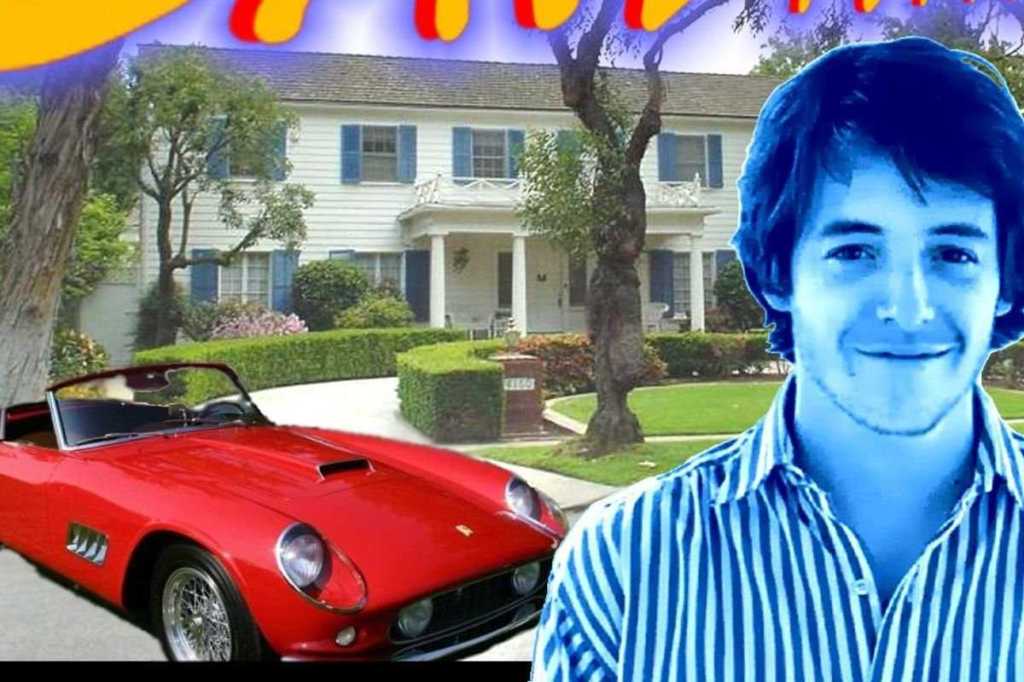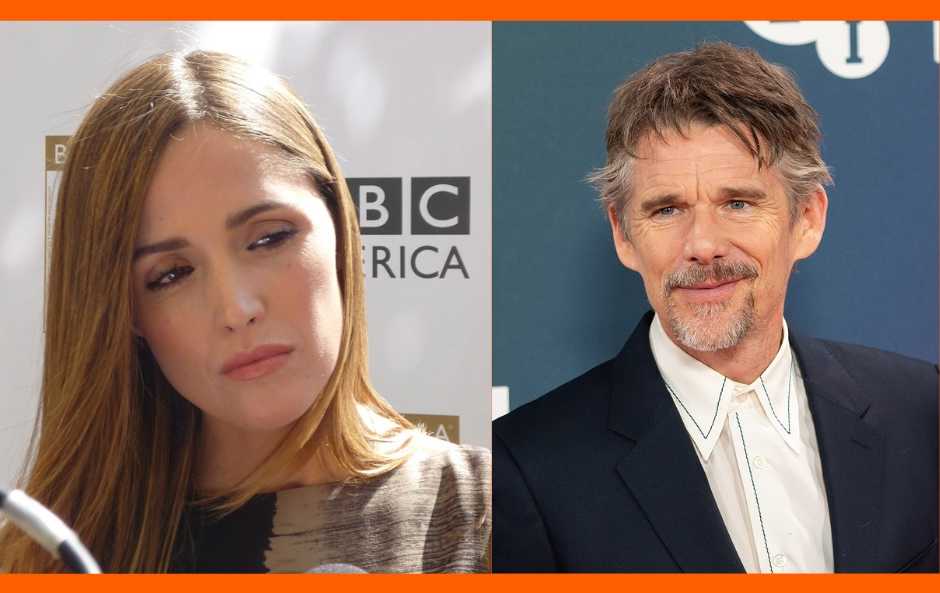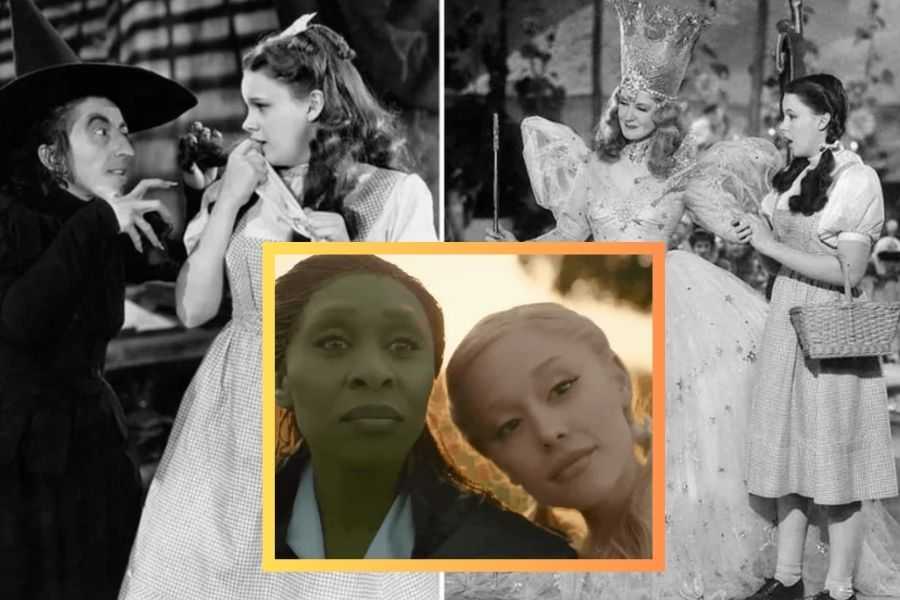Every generation has its highs and lows, strengths and weaknesses, points of pride of and things to lament in hindsight. Nostalgia can cause us to see our own pasts through rose-colored glasses, making it hard to be objective, so sometimes it takes someone from outside of our own generational bubble to discern which things are worth cherishing and keeping.
Enter Gen Z watching Gen X coming-of-age films. We all know by now that many movies have not aged well, as those of us who have assumed a PG movie from the 80s would be fine to show our children can attest. But many movies that have been held up as favorites for decades have not only not aged well, but have revealed themselves to have always had objectively terrible messages from the get go.
A mom on Threads shared her experience trying to show her favorite movies from the 70s and 80s with her teenagers and how their reactions were not what she expected. “Turns out what we saw as empowering entertainment was actually teaching Gen X girls some seriously toxic lessons,” she wrote. Then she gave specific examples.
She introduced them to Grease from 1978, which she saw as “A classic love story with great songs!” But her teens saw it differently. “So she completely changes her personality, starts smoking, and squeezes into leather pants… for a guy who spent all summer lying about her?”
Ouch. Yeah, that is actually what happened, isn’t it? But the music is so good! And we love Rizzo! And Olivia Newton-John is iconic! Is it really that bad?
Yes, yes it is.
How about Fame, the 1980s hit about the kids at a competitive arts high school pursuing their dreams of becoming dancers, singers, and actors?
“So normalizing eating disorders and teacher abuse is…inspirational?” Hmm.
1983’s Flashdance wasn’t seen as a story about “a strong, independent woman,” but rather about an 18-year-old “working as a welder AND an exotic dancer while prepping for ballet school and dating a guy who could be her father.” Working two jobs? Fine. Exotic dancer at 18 and dating a 36-year-old? Debatable.
And, oh boy, Sixteen Candles. We all probably cringe at the Long Duk Dong caricature of an Asian student at this point, but that’s just scratching the surface of the issues with this film. The “scene about sexual assault played for laughs” may not be what most of us remember about that movie, but it’s very much in there.
Even worse, it’s the movie’s heartthrob love interest, the guy Molly Ringwald is gaga over and who she ends up with in the end, who says of his extremely drunk girlfriend, “I could violate her 10 different ways if I wanted to. I’m just not interested anymore,” and then passes her off to another guy, saying “She’s so blitzed she won’t know the difference,” and telling him to “have fun.”
Ew. This was the 80s, long before the Me Too movement and copious conversations about consent, but that still was gross even for back then.
But there are more. The woman’s kids pointed out that Risky Business was essentially a movie “about a high school kid literally pimping out a bunch of women to his high school friends to get into… Princeton???” Again, not even a great premise at the time.
My husband and I recently tried rewatching Weird Science to see if it held up. We ended up turning it off partway through because yeesh.
People shared other movies from that era that probably should have received a little more scrutiny than they got when they came out. There are Revenge of the Nerds and Saturday Night Fever with the sexual assault scenes. There are Dirty Dancing and Pretty Woman with very questionable relationships positioned as protagonist romances. Even The Breakfast Club has some elements that were pushed as sweet but were super problematic.
Molly Ringwald herself, John Hughes‘ favorite teen leading lady in the 80s, has rethought some of the characters and storylines in some of those famous “brat pack” films.
“As I can see now, Bender sexually harasses Claire throughout the film,” Ringwald wrote of Judd Nelson’s and her Breakfast Club characters in The New Yorker. “When he’s not sexualizing her, he takes out his rage on her with vicious contempt, calling her ‘pathetic,’ mocking her as ‘Queenie.’ It’s rejection that inspires his vitriol . . . He never apologizes for any of it, but, nevertheless, he gets the girl in the end.”
Sure, those movies all had some fun laughs and made Gen Xers feel seen in the chaotic period of our benignly neglected youth, but we also have to admit that we may have internalized some unhealthy messages from them. It’s not that there were scenes of sexual harassment or assault or blatant sexism or racism in those films. It’s that they were trivialized as part of the comedy. There’s a big difference between Biff, the villain, trying to rape Marty’s mom in the backseat of his car in Back to the Future and the main love interest who’s painted as the ideal man in Sixteen Candles handing off his girlfriend to be sexually assaulted because she’s too drunk to consent. The former was meant to be a problem. The latter was supposed to be funny, which is super problematic regardless of the era.
The good news is Gen Z are by and large watching these movies with their parents and having these conversations about them, which is super healthy. That’s a move in the right direction and actually gives us room to still enjoy these films while acknowledging their toxic elements. Generations are supposed to learn from those who went before them, but we can also learn from those who come after us, even if it means seeing some of our favorite things in a new light.

